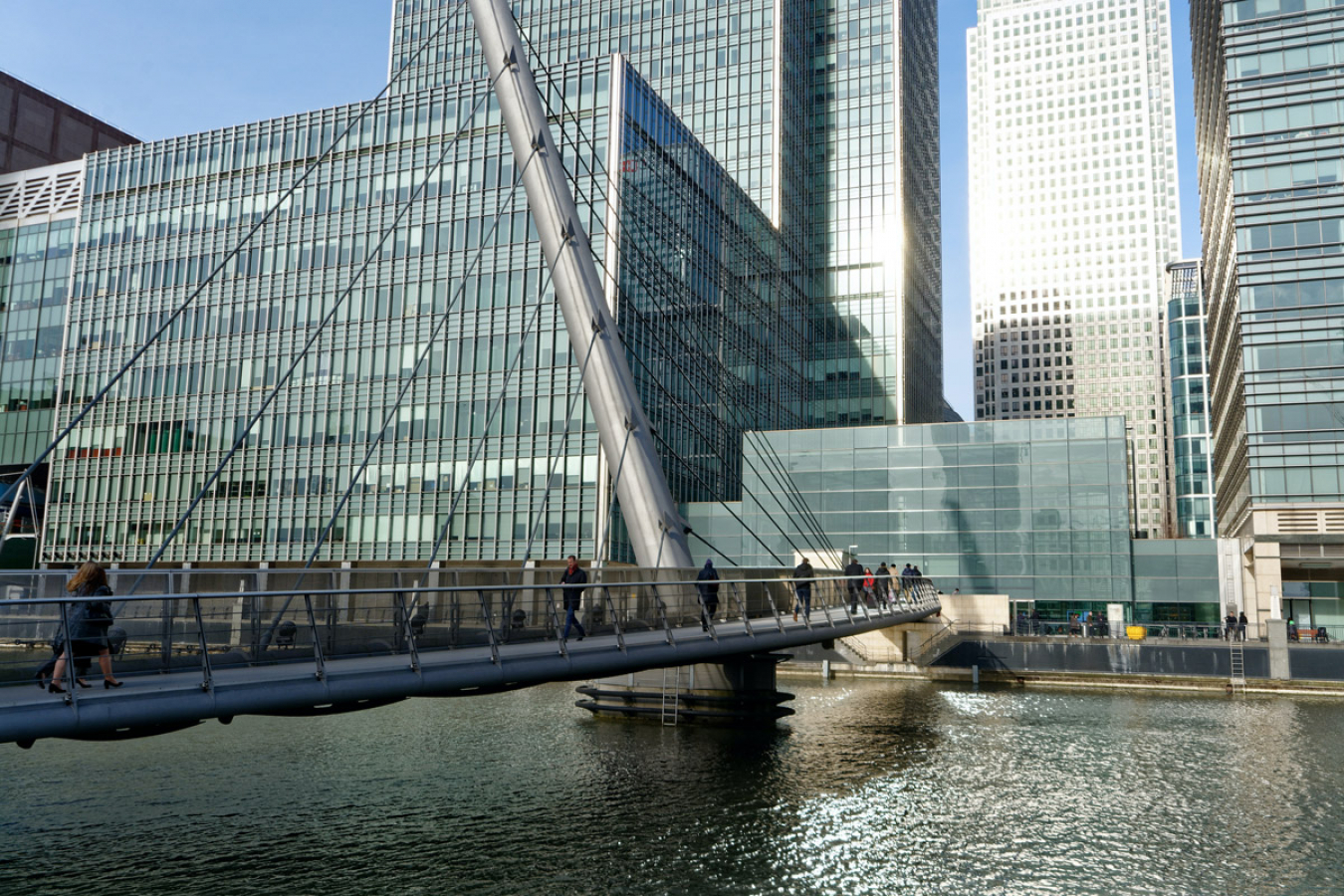British businesses are being warned that UK visa right to work fines have returned. In March, guidance relating to right to work checks was updated by the Home Office. Amid the pandemic, the Home Office didn’t issue any right to work fines for most of 2020. However, in the final quarter of last year, 77 fines were issued.
As lockdown restrictions start to ease and more firms begin to reopen, the number of right to work investigations is expected to rise, especially after 30 June, when all EU employees will need to provide proof of their eligibility to work in the UK.
UK visa right to work fines are issued to businesses if they employ someone they knew, or had reason to believe, did not have the right to work in Britain. It is the responsibility of employers to ask for original passport or birth certificate documentation and keep records of required documents complete with signatures and dates.
Imprisonment
In addition to fines for breaching Home Office UK immigration rules, individuals within a business could be sentenced to up to five years in prison. Fines and prison sentences can be extended to company directors, managers and a secretary of the business.
Fines can be as much as £20,000 per illegal worker and businesses are now being warned to prepare for unannounced visits from Home Office officials.
A report published by Personnel Today said: “The Home Office has also started to resume compliance visits on organisations that hold sponsor licences, so sponsors need to be prepared for unwelcomed visits.”
“During these visits, UK immigration officers will check a sponsor’s system in relation to the prevention of illegal working, including what processes are in place and whether the correct documents are retained,” the report added.
30 June deadline
Following the 30 June deadline all EU employees must be able to demonstrate that they have the right to work in the UK under the EU Settlement Scheme (EUSS).
The Home Office is expected to ramp up UK immigration compliance checks from 1 July and employers are being warned to proactively carry out checks or risk being fined.
The Personnel Today report said: “For employers using the COVID-19 temporary right to work check measures, the Home Office has been clear that employers must carry out retrospective checks within eight weeks of coronavirus measures lifting.
“It’s recommended that employers keep a separate list of those staff for whom adjusted right to work checks have been undertaken; that way, the list can act as a quick reference point when the retrospective checks need to be completed,” the report added.
Up until 30 June, employers can continue to accept European Economic Area (EEA) and Swiss passports as proof of a person’s right to work in Britain.
Post deadline
However, it’s still unclear what the process will be for employers once the deadline has passed. The Home Office is yet to release guidance on document checking for EEA nationals from 1 July, with the government department being urged to issue information sooner rather than later so businesses can prepare.
The Personnel Today report said: “Brexit has subjected businesses to substantially more red tape when employing workers from the EU. This will make the process of sponsoring a worker under the settlement scheme more costly and time-consuming for the hiring company.”
“Hiring talent from the EU could prove hugely costly to businesses if sponsorship is the only option.”
Workpermit.com can help with US employment-based visas
If you need help with employing Skilled Workers and help to apply for a Sponsor Licence, including complying with your Sponsor Licence obligations, workpermit.com can help.
For more information and advice on Sponsor licences, please contact us on 0344 991 9222 or at london@workpermit.com




